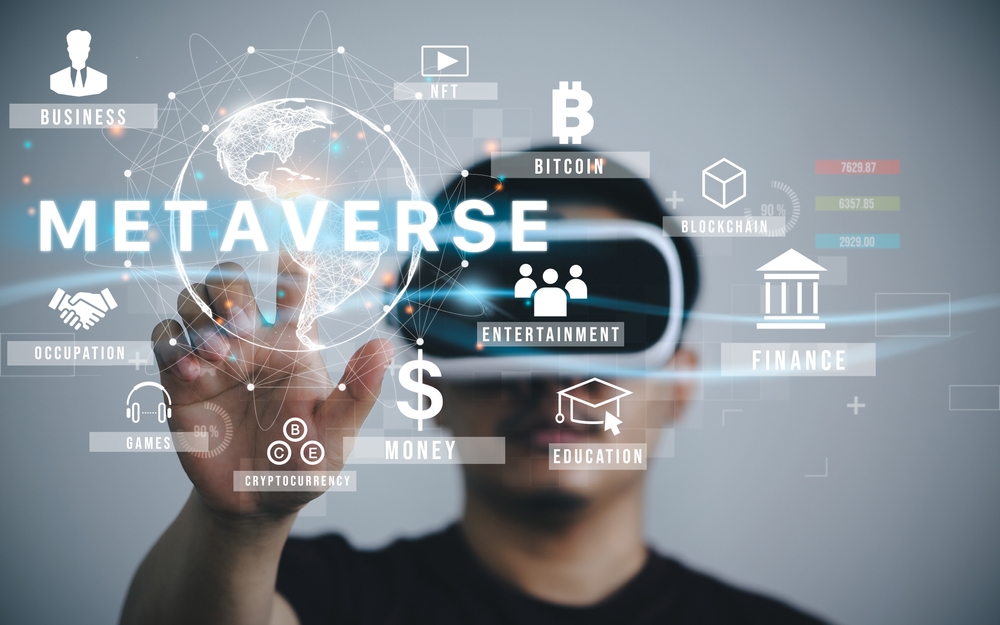The World Economic Forum notes that different industries, including software, automotive, aerospace, energy, and defence, are on the frontline for industrial metaverse investment.
The World Economic Forum (WEF) claims that an increasing number of manufacturing companies in the US are changing their focus to the industrial metaverse to address intricate problems across the production cycle.
US Manufacturers Integrating Metaverse
According to a March 12 report, the non-governmental organization noted that 92% of the nation’s manufacturing officials are establishing different means of integrating the metaverse into their companies. It mentioned survey results gathered from 100 of the biggest firms across ten sectors, illustrating that, on average, every official was probing up to six use cases.
The organization also mentioned that the need for the industrial sector to ‘raise its desires’ in response to the impacts of the coronavirus pandemic is a major factor enhancing the interest.
Specifically, WEF illustrated that amid recovery from the pandemic, several macroeconomic, technological, societal, and business-to-business (B2B) client trends are hastening and joining to develop new challenges as well as growth opportunities in the industrial sector.
The situation has compelled manufacturing firms to establish means to hasten production cycles while boosting cost-efficacy and efficiency via predictive forecasting. The report stressed the use of digital twin technology in various firms and virtual models to represent physical objects.
Amazon has been implementing Nvidia Omniverse, a cloud services platform, to manage simulations to enhance warehouse design as well as robot workstations.
Mercedes Benz is also embracing the platform in designing manufacturing assembly plants. On March 1, it was revealed that Nokia, a Telecoms infrastructure company, has been utilizing the metaverse in Australia to aid Cessna aircraft experts at faraway airports.
Besides, it was revealed that using the industrial metaverse across the product life cycle, including pre-production, production, and post-production stages, is a possibility. Specifically, tasks, for instance, service and product design, plant design and management, process simulations, product testing, and quality assurance are involved.
Industrial Metaverse Tops Consumer-Oriented Adoption
Despite real-life applications of the consumer metaverse being under development, the industrial metaverse remains at the forefront of the adoption curve. The adoption aligns with real issues and business imperatives and is enhanced by on-the-ground implementation. It was stressed that vehicle manufacturing and IT sectors are leading the industrial metaverse sector.
Several tech giants led by Meta appear to have slowed down in their metaverse projects. The sluggish uptake of metaverse arises from the priorities granted by such companies to AI.
Nevertheless, the rise of generative artificial intelligence (AI) has made some firms skeptical of investing in the industrial metaverse. Specifically, the report mentioned that the decline is partly linked to the rise of this technology.
Besides, there is a widespread postulation that its rise has compelled the metaverse to fade from the spotlight.
Despite the metaverse’s capability to boost efficacy in specific sectors, there have been issues concerning its potential negative effect on other sectors, especially the creative arts industry. On March 8, a digital media resource revealed that UK researchers deduced it is crucial to devise strategies for handling the execution and governance of intellectual property problems in the metaverse.
